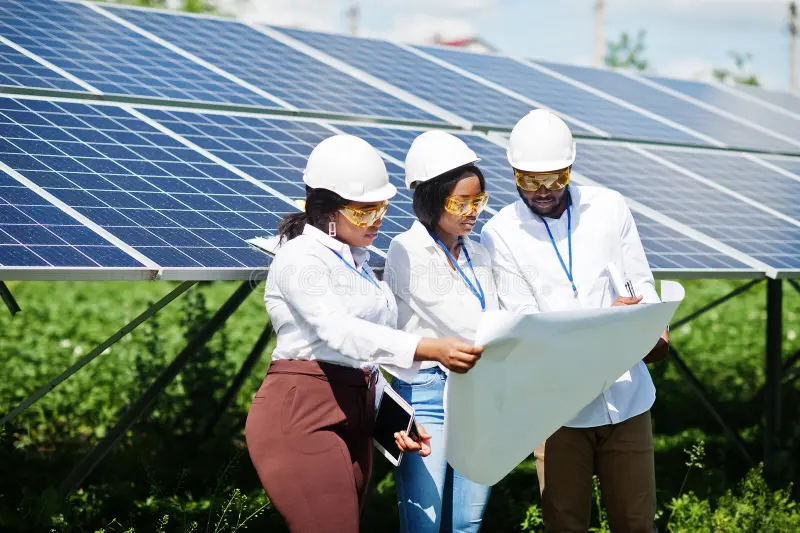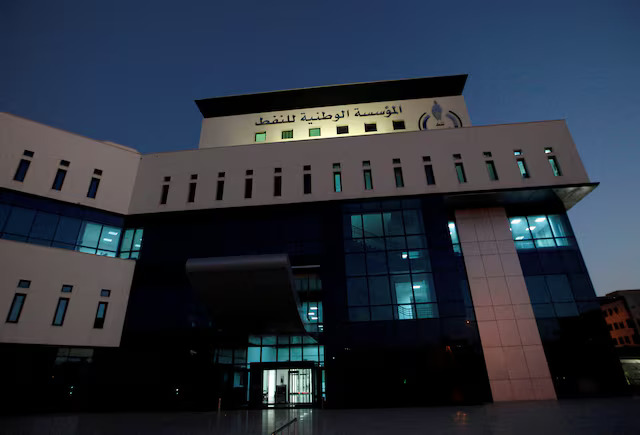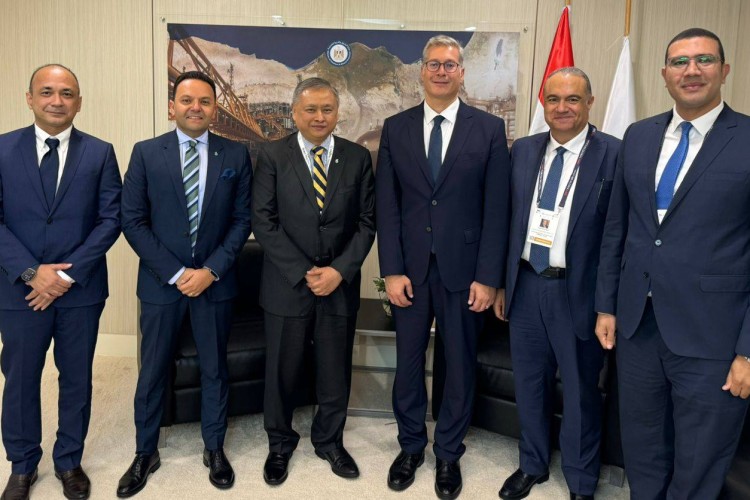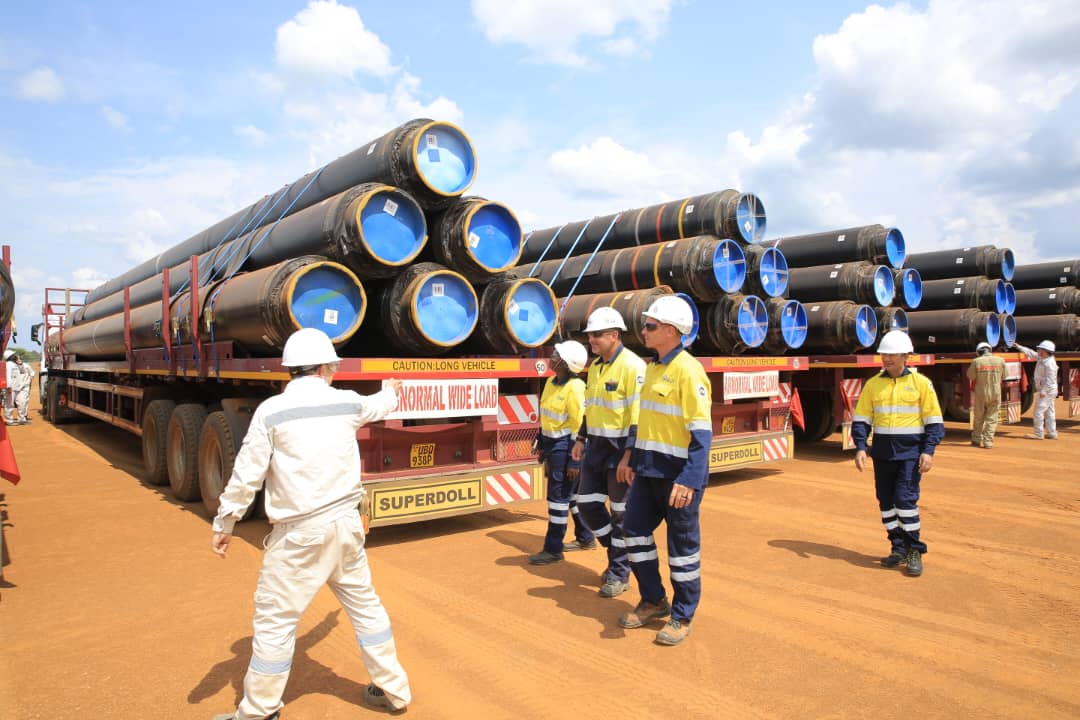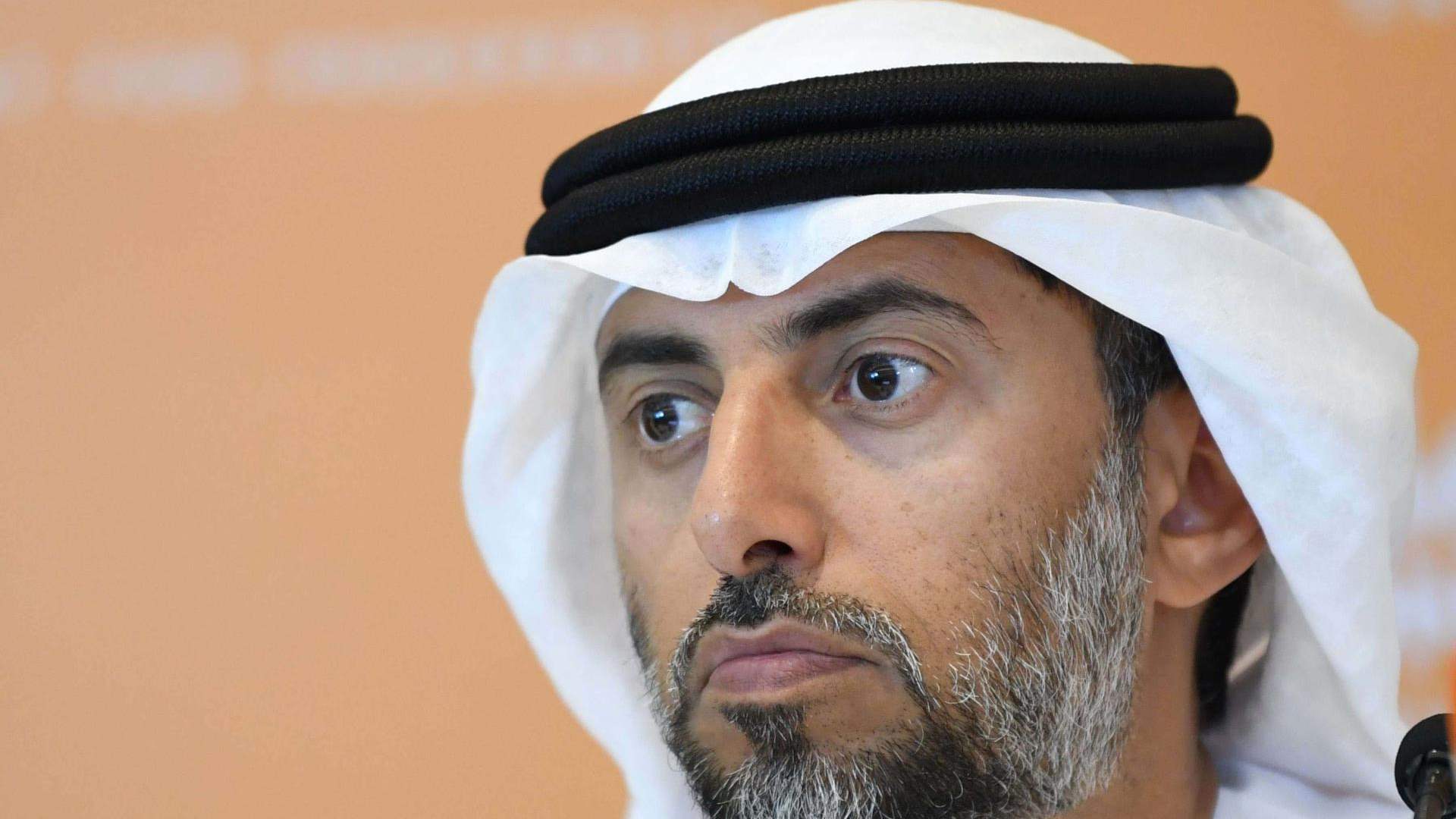Distribution

African Development Bank Approves $144.7 Million to Boost Niger's Energy and Private Sector
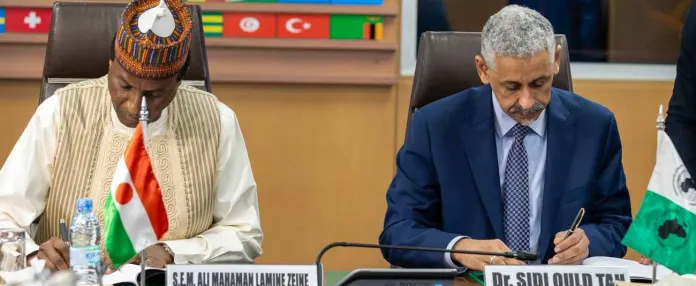
The African Development Bank (AfDB) Group has signed a $144.7 million financing agreement with the Government of Niger to enhance energy access and strengthen the competitiveness of the country's private sector. The agreement was formalized in Abidjan by AfDB President Dr. Akinwumi Adesina and Niger’s Prime Minister Ali Mahamane Lamine Zeine.
The funding, provided as budgetary support through the Bank’s concessional African Development Fund, will finance the first phase of the Energy Sector Governance and Competitiveness Support Programme (PAGSEC).
Strategic Objectives and Expected Impact
Prime Minister Zeine described the agreement as a significant milestone, underscoring the strong partnership between Niger and the AfDB. He emphasized that the program is strategically designed to bolster Niger's economic resilience by tackling key challenges in energy access and private sector development.
The program has clear, measurable targets:
- To increase the national electricity access rate from 22.5% to 30% by 2026.
- To raise the manufacturing sector's contribution to GDP from 2.5% to 3.8%.
- To develop 240 MW of solar power capacity by 2030, with an interim goal of 50 MW by December 2026.
A Comprehensive Development Approach
Beyond the energy sector, PAGSEC adopts a multi-pronged approach to drive systemic change. The program will:
- Strengthen Governance: Reinforce public financial management, improve tax revenue collection, and support the clearance of domestic arrears.
- Promote Private Sector Growth: Foster public-private dialogue and implement industrial policies that enhance the role of businesses in the economy.
- Ensure Social Inclusion: Implement measures to support vulnerable communities, including the over 507,000 internally displaced people in the region, with a focus on the economic inclusion of women and youth.
AfDB President Dr. Adesina reiterated the Bank's steadfast commitment to supporting inclusive and sustainable development in its regional member states. He expressed confidence that this strategic investment would enable Niger to harness its renewable energy potential while building robust governance systems essential for long-term prosperity.



